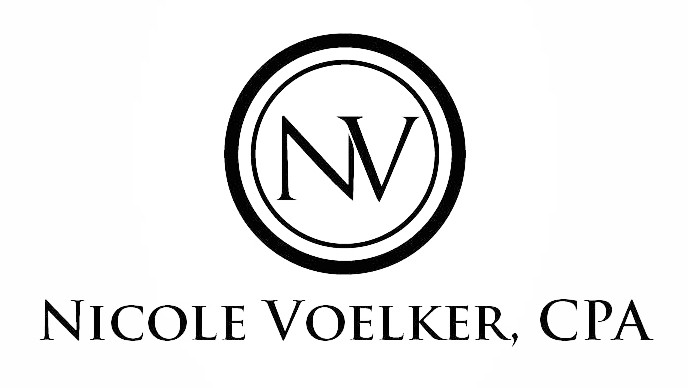I receive many initial e-mails asking what information is pertinent in estimating valuation engagement cost. A great question and one I would like to share.
I have discussed in previous posts that the principal factor is always the purpose of the engagement. Is the engagement this a high-level preliminary analysis for discussion purpose only? Or is the engagement for a potential trial situation where documentation is key?
But once the purpose is established, every business is still so different. What other factors are important in accurately estimating the cost and time to complete for an engagement?
- How is the company organized? Is there one sole proprietor or multiple owners?
Why? How the company is organized, and the percentage of ownership being valued influences the ease of transfer. Consideration of ease of transfer impacts valuation cost.
- What is the average gross annual revenue? Is most of revenue generated by sale of (a) product or (b) service?
Why? Annual revenue indicates the size, and corresponding complexity, of the business. Businesses that sell products will include concepts such as inventory and cost of goods sold. Complexity and inventory considerations impact valuation cost.
- How many years has the company been in operation? Has the company’s performance been volatile or stable in recent history?
Why? A valuation analysis is always forward-looking, but history can still be an important indicator. For instance, if the company is mature and stable, a forecast is often easy to establish. If the company is new and growing, a forecast is even more important, but may be more difficult to establish, and can therefore impact valuation cost.
- How many employees does the business have? How involved is the owner(s) in day-to-day operations?
Why? The number of employees is another indicator of a business’s complexity. The level of involvement of the owner(s) in day-to-day operations impacts the ease of transfer. Consideration of owner involvement and related ease of transfer impacts valuation cost.
- What kind of fixed capital assets (i.e. buildings, equipment, etc.) does the business own?
Why? A business’s level of capital-intensity impacts complexity and value. Valuation services for a capital-intensive business will include an analysis of how efficiently the business uses assets. Depending on the significance of the fixed assets, separate asset appraisal(s) might be required. Consideration of significant fixed asset efficiency and the cost of separate asset appraisals impact valuation cost.
If you have any questions or would like to discuss further, please feel free to give me a call at (309) 369-6430 or e-mail me at nicole@voelkercpa.com. I look forward to hearing for you!
